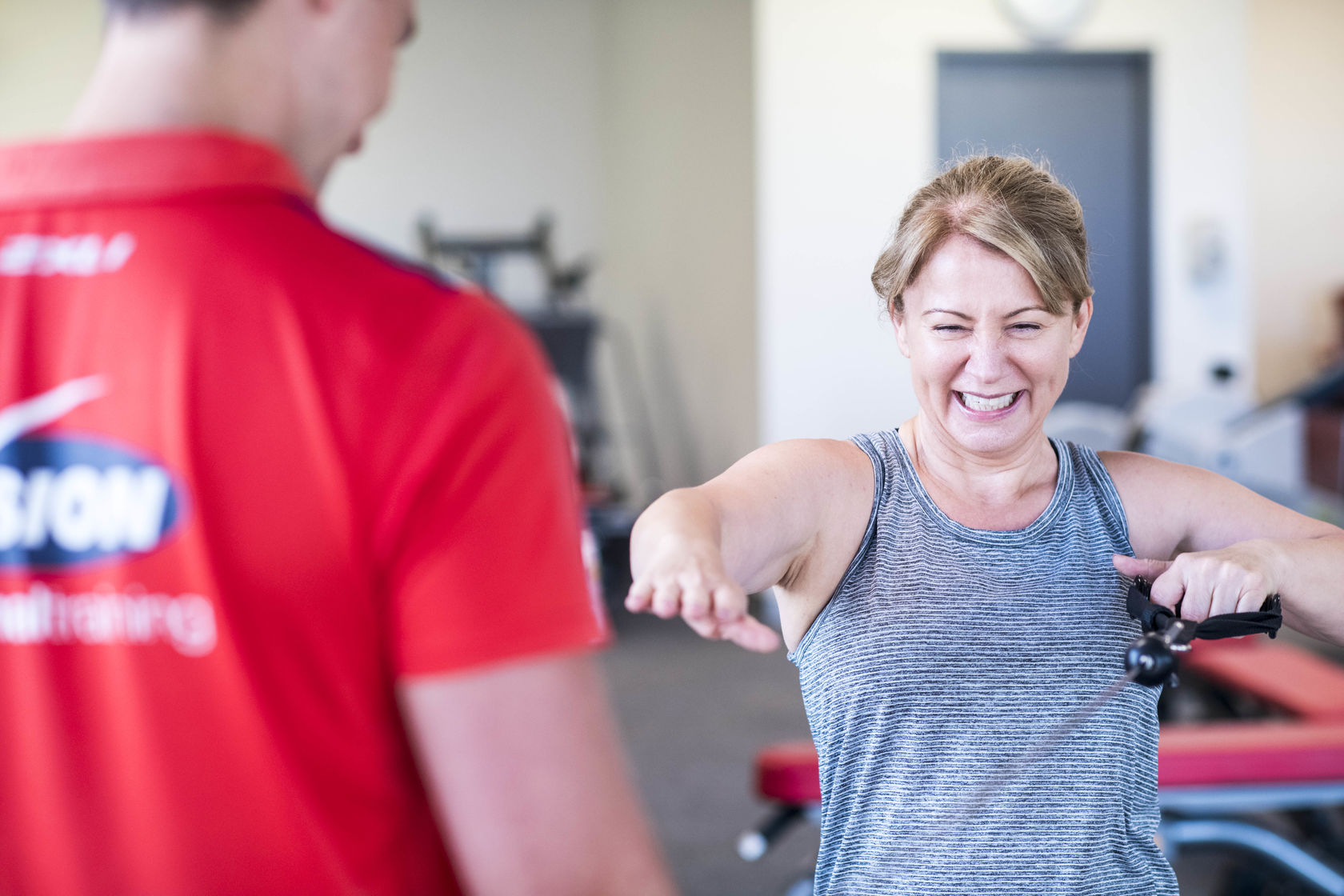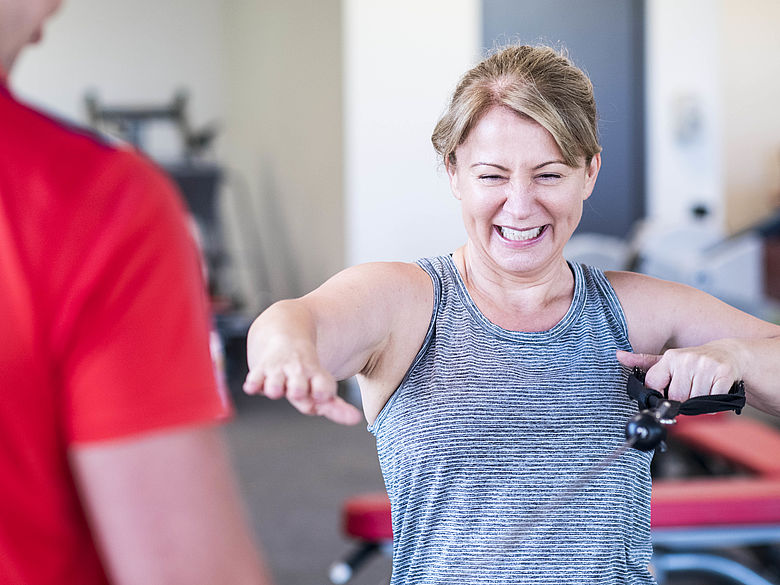After so many of our clients and trainers ran in the recent Run to the Dog Trail Run in Abbotsford, I wanted to explore why trail running is such a scary concept for many and why it needs to be included in every runner's repertoire.
For me, trail running events were my introduction to formal running races and endurance competition, and I loved it from day one. A major attraction for me was the reduced number of competitors allowed to race in trail runs, as organisers often conservatively cap the number of participants due to the narrow nature of the courses. This leaves runners with plenty of space to move around on the course, whilst running beside like-minded people who too love being in the thick of nature. The intense, competitive vibe that many road races have is not felt, and you can focus solely on yourself and navigating the rocky trails.
From my clients, I have heard so many reasons why they are reluctant to run. Excuses that I've heard countless times include boredom whilst running, and their legs becoming too tired for the run to be enjoyable. In my experience, running on trails addresses both of these issues simultaneously. The best example that comes to mind is a run I did in Anglesea last year. It was the perfect morning to tackle 23km of Victoria's coastline with spectacularly clear, blue skies and a light ocean breeze rolling in. The first 7kms were spent running on the beach, with Anglesea's tall cliffs towering over us on the left, and rolling, crashing waves to our right. I started to feel the burn in my legs early (trying to sustain an unrealistic pace on the sand) and boy did my legs feel heavy by the time we started climbing the hills! Despite this, the distraction of the stunning scenery and the perseverance to make my way up to the best viewpoint pushed me to persevere through the discomfort. Whilst the hills were an absolute killer, I was able to take enjoyment from exploring my new surroundings and overcoming a track that seemed impossible when looking up from the bottom. It's worth noting that when I ran the Melbourne Half Marathon one month later, I ran 23 minutes faster than the previous year due to the increased leg strength gained from the time spent running up and down hilly trails like those in Anglesea.
Many people fear trail runs because they think that it heightens your risk of knee and ankle injuries. Trail running not only strengthens the larger muscles in your legs, but also helps develop the smaller muscles in the foot and ankle far better than road running. This is due to the inconsistent (and occasionally unforgiving) terrain, small sharp turns, small steps, and the jumping or hopping over obstacles that is often required. There's no doubt that you need to be aware of each step you take on a rocky trail, but I find that the distraction further curbs the monotony that many people experience whilst road running. I would recommend investing in shoes designed specifically for trail running, as they're lighter and more manoeuvrable, yet still providing valuable support. Weaving and navigating obstacles by gently twisting and swivelling through your course is essentially how those smaller muscles of the foot and ankle develop and become stronger in the long term, so don't be hesitant to give it a go.
I believe that trails are an excellent alternative to the relentless pounding on pavement that road or footpath running involves. Registered trail running events are generally smaller and more relaxed, making them enjoyable events to get involved in. The drastic improvement in leg strength due to the hills and inconsistent terrain will improve your running ability and potentially minimise your risk of injury in the future. Finally, being able to visually take in sights that aren't cars, buildings and traffic lights adds value to your time running (just keep an eye for snakes in summer!).
*Disclaimer: Individual results vary based on agreed goals. Click here for details.

